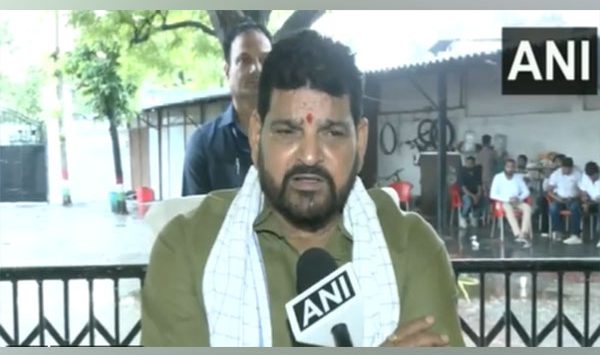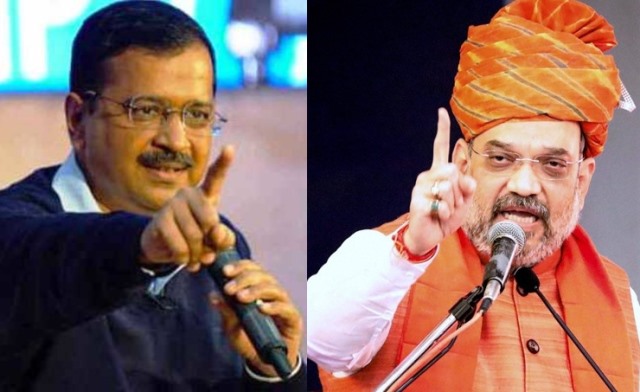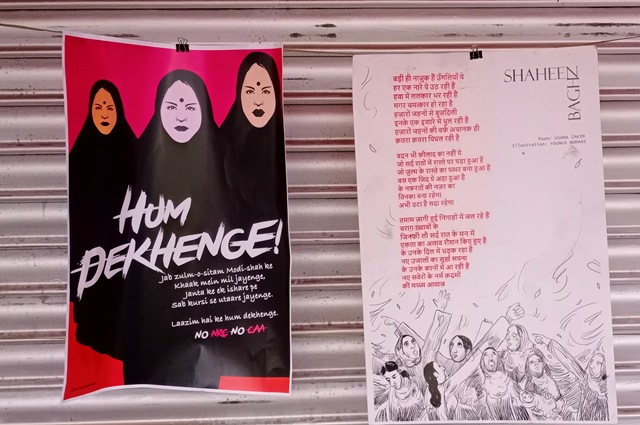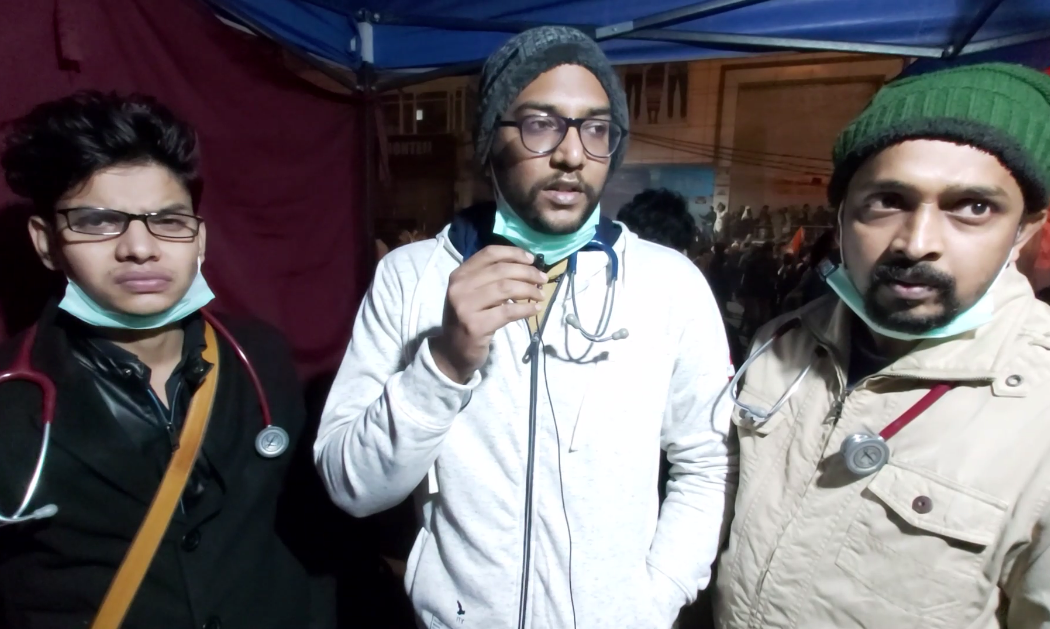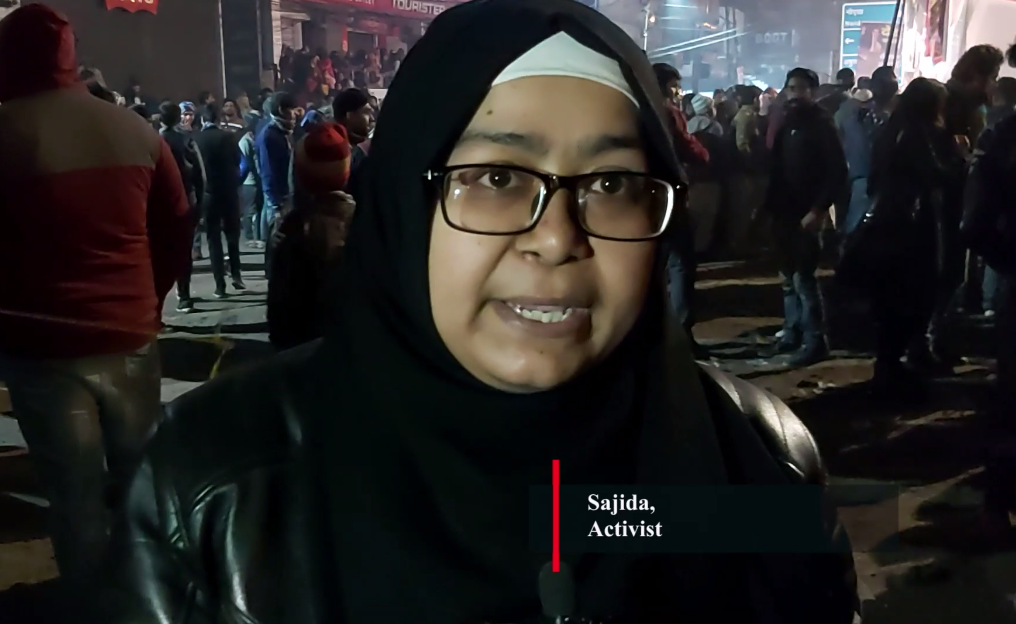Wrestling Federation of India (WFI) president Brij Bhushan Sharan Singh on Monday alleged that wrestlers’ protest is “expanding like Shaheen Bagh” and the target of protest is not him but the BJP.
Brij Bhushan Sharan Singh asked why the protest at Jantar Mantra has not ended even though an FIR has been registered on demand of wrestlers and alleged that the protest is “paid”.
“Tukde-tukde gang, the forces which were active in Shaheen Bagh, in the farmers’ protest, those who attack PM Modi from time to time, attack the party, all those forces are visible,” he said.
“I have been saying right from the beginning that my resignation is not their target, that is their excuse, their target is the party (BJP). When on their demand an FIR has been filed…the way they are inviting political parties, …Priyanka Gandhi reached, her husband reached, Malik sahab (Satyapal Malik) reached, Kejriwal reached, the way people are coming together, abusive language is being used against the Prime Minister…is this an agitation of players? it is not,” he told ANI.
Shaheen Bagh in Delhi came to the limelight during the anti-Citizenship (Amendment) Act protests in 2019. The protesters blocked the road against the citizenship law for a few months forcing long traffic diversions.
Brij Bhushan Sharan Singh, BJP MP from Kaiserganj in Uttar Pradesh, asked if normal players can hire expensive lawyers for cases.
“There are industrialists behind it, these industrialists want to hurt me in every way, they are pouring money… I feel when industrialists can spend hundreds of crores against me.. there is a threat to my life, they have decided to be after Brij Bhushan Singh,” he said.
“The demand was that there should be FIR. It has been registered but their agitation is not coming to an end. Does the agitation not cost money. Slowly it is expanding like Shaheen Bagh. Slowly they want to divide UP, Haryana,” he added.
The MP said the majority of wrestlers were from two caste groups in Uttar Pradesh and one in Haryana.
“I want that these players to be asked by people from these two states why they are not letting nationals happen? I did cadet nationals, they protested against it. The nationals for the juniors, under 15 and under 23 should have been done by now. There are parents making sacrifices for the players. The wrestlers protesting are practising at Jantar Mantar. They are all big names, they can get permissions for trials as well. But what about the children whose parents are making sacrifices but are not getting to play because the activities of the federation are stopped for four months,” Brij Bhushan Sharan Singh told ANI.
The Delhi Police on Friday registered two FIRs against WFI president Singh over allegations of sexual harassment and exploitation of female wrestlers.
Top Indian grapplers such as Vinesh Phogat, Sakshi Malik, Bajrang Punia, are part of the protest against the WFI chief.
Brij Bhushan Sharan Singh said Delhi Police is probing the allegations and the result of probe should be awaited.
The MP said he had given the oversight committee a purported audio allegedly of a player involved in the protest.
“What resignation should I give,” he said, adding that there was a conspiracy against him.
He said he was not aware of some of the allegations and did not know who had made them.
After a protest led by some prominent wrestlers of the country in January this year, the Union Ministry of Youth Affairs and Sports had announced the formation of an ‘oversight committee’ to probe allegations levelled against the WFI and its chief Brij Bhushan Sharan Singh and other coaches.
The committee was tasked with submitting a report on the issue to the ministry. The wrestlers launched a fresh protest in April. (ANI)
Read More: http://13.232.95.176/
